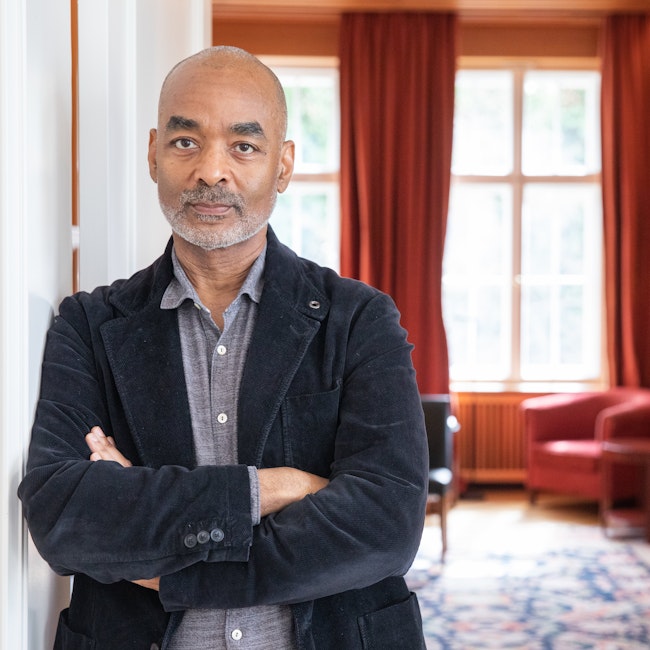Radcliffe Magazine
Spring 2021

If there’s a theme that runs through the spring issue of Radcliffe Magazine, it’s history: personal, national, and in some cases, both. Otherwise, the voices and narratives inhabit no single place, topic, or perspective, but roam freely and, we hope, compellingly: from the Soviet Union to mid-century Cambridge, the science of Los Alamos to the genius of James Baldwin (above), the Tulsa Race Massacre to the unrest of the 1960s, wonders of youth to the Texas childhood of a Pulitzer Prize–winning historian. For these stories and more, read on.

A Fact Is No Match for a Martian
When the USSR launched the most ambitious science-education campaign of the 20th century, Stalin’s expectation was that a more knowledgeable nation would be a mightier one. But a parallel reality emerged, in which UFOs, poltergeists, and cryptozoology eclipsed the fundamentals of chemistry and physics. Amid rampant misinformation and doubt in the United States, ”the Soviet experience is an important warning,” says Alexey Golubev, a 2020–2021 Joy Foundation Fellow.
Flash of Genius
Arianna Rosenbluth received a master’s degree in physics from Radcliffe College and a PhD from Harvard, wowed her colleagues at Los Alamos, and helped shape a breakthrough that left a permanent mark on forecasting in health care, business, and politics. Why did she leave science behind?


Haunted Creations
In her recent work, the artist and fellow Crystal Z Campbell addresses the 1921 Tulsa Race Massacre and its legacy. We spoke to her about her process and vision.
Newsmakers
In Newsmakers, read about the extraordinary achievements of Radcliffe alumnae and fellows, including awards, publications, and other accomplishments.






